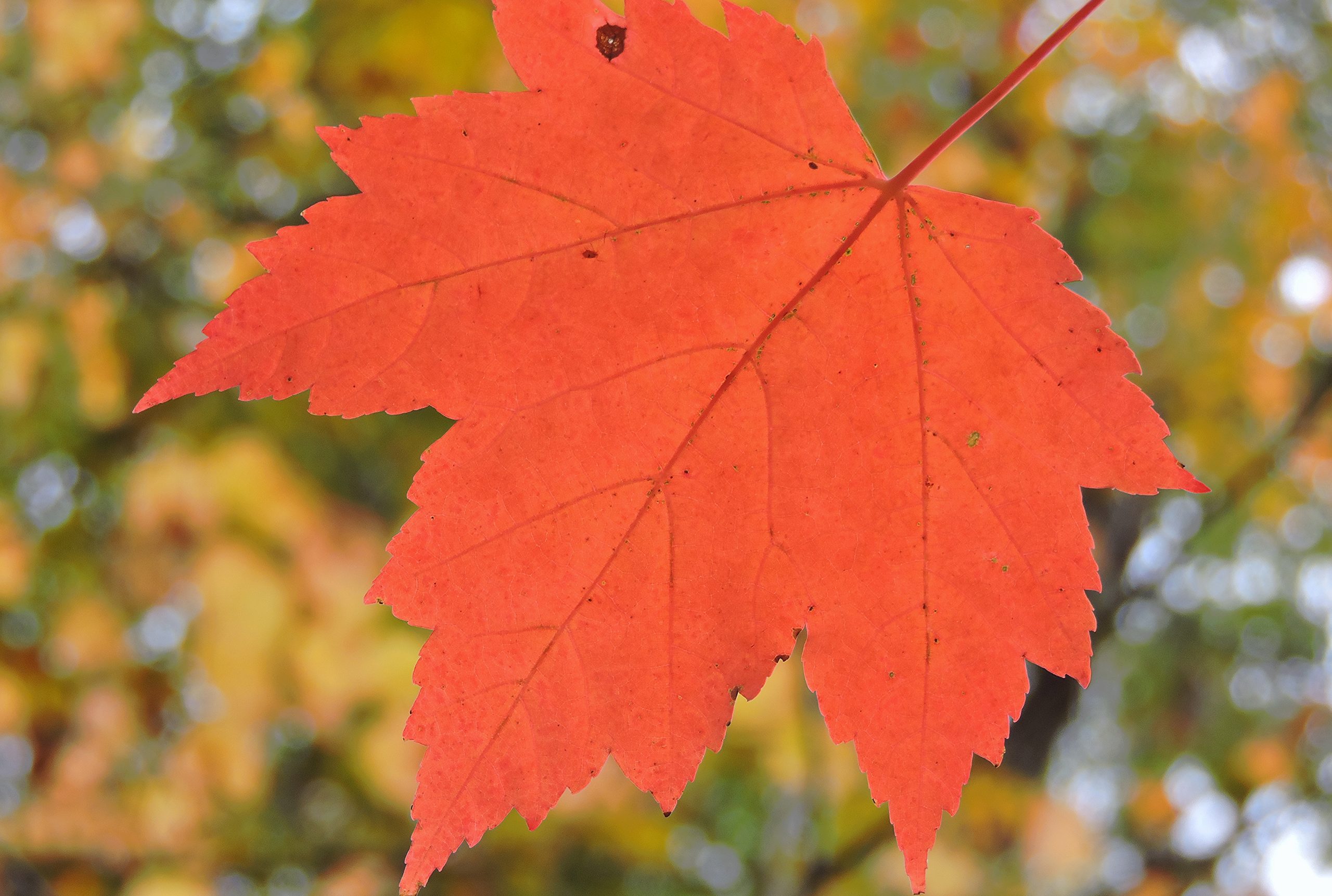Backpacking in camping is a great way to experience nature, explore new locations, and find adventure. It involves packing light and traveling with just enough supplies for a few days of hiking and camping. Backpacking is an ideal way to experience the outdoors on a limited budget or to take advantage of the unique opportunities offered by remote areas.
Backpackers typically carry everything they need for their journey in a single pack that’s attached to their back. This includes food items, tents, sleeping bags, cooking supplies, water bottles, clothing, and other essential items.
The weight of the backpack should be kept as light as possible to make the journey easier and more enjoyable. Backpackers are often required to plan carefully in order to fit all of their supplies in one pack while still staying within weight limits.
Backpacking also requires knowledge of navigation and safety techniques to ensure a safe journey. Knowing how to read maps and use compasses is essential for backpackers who want to travel over unknown terrain or venture off-trail.
Being prepared for changing weather conditions is also important in order to stay safe while camping outdoors. Backpackers should always carry the necessary supplies such as extra layers of clothing or shelter in case they become stuck unexpectedly during their hike.
Backpacking offers adventurers the opportunity to experience nature up close and personal while exploring new places and challenging themselves physically and mentally. It can be a great way to bond with friends or family members who share your sense of adventure or simply enjoy being outdoors together. Many backpackers also choose this form of camping because it offers them the chance to disconnect from everyday life for a short time and appreciate nature in its purest form.
Overall, backpacking in camping is an exciting way for outdoor enthusiasts to experience nature firsthand while building skills such as navigation, safety awareness, resourcefulness, problem-solving, creativity, endurance, flexibility, balance, self-sufficiency and resilience along the way.
Conclusion: What Is Backpacking In Camping? Backpacking in camping involves packing light gear into one backpack and travelling with only enough supplies for a few days of hiking and camping out under the stars – all while enjoying nature up close! It requires knowledge of navigation techniques as well as preparation for changing weather conditions; nevertheless it offers adventurers the chance to bond with friends or family members while exploring new places off-trail at minimal costs!
10 Related Question Answers Found
Backpacking is a great way to explore nature and get away from the hustle and bustle of everyday life. It’s an activity that can be enjoyed by people of all ages, backgrounds, and skill levels. Whether you’re heading out on a short day hike or a multi-day trek, there are several benefits to backpacking in the great outdoors.
Backpacking camping is a way to explore the outdoors with minimal resources. It involves carrying all the necessary items for a camping trip, usually in a lightweight backpack. Backpacking can be done for just a weekend or for an extended period of time, depending on the length of the journey and the terrain.
Backpacking is an adventurous activity that has been gaining popularity in recent years. It involves traveling to remote areas and camping in the wilderness. Backpackers usually carry all their supplies, including food, water, and camping gear, in a backpack on their journey.
Backpacking and Camping have a lot in common, but there are also some important differences between the two activities. Both involve spending time outdoors and can be great experiences, but they differ in the type of gear used, the environment explored, and the level of adventure. Gear:
Backpacking requires more gear than camping.
Backpacking is an outdoor activity that combines hiking and camping. The objective of backpacking is to reach a destination, usually a remote area, by carrying all of your supplies in a small pack, including food, clothing and shelter. Camping on the other hand is an outdoor activity that involves setting up tents or recreational vehicles at a designated campsite.
Backpacking and camping are two outdoor activities that are often confused for one another. Although both involve a certain level of adventure, each requires different skills, equipment, and preparation to be successful. Backpacking is an activity that requires a great deal of endurance and stamina.
Backpacking and camping are two activities that are often confused with one another. Though they may have some similarities, such as being outdoors and requiring gear, they are two distinct activities. Backpacking involves carrying all of your belongings in a backpack and hiking, while camping involves setting up a tent and staying in one place for a period of time.
Camping and backpacking are both popular outdoor activities, but they’re quite different from each other. Camping is a leisure activity where you stay in one place and enjoy the outdoors, while backpacking is an adventure that involves traveling with your gear to different destinations. Both have their own unique set of advantages, but understanding the differences between them can help you decide which one is right for you.
When it comes to the great outdoors, there is nothing quite like spending some time surrounded by nature. But for many, the question of how to do it remains: is it better to camp or go backpacking? Camping is one of the most popular ways of enjoying the outdoors.
Backpacking is an activity that has been around for centuries and has evolved significantly over the years. It is a type of travel that involves carrying all of one’s belongings in a backpack, rather than in a suitcase or suitcase-like container. Backpackers typically travel light, with only the essential items they need to survive and explore wherever they are going.
